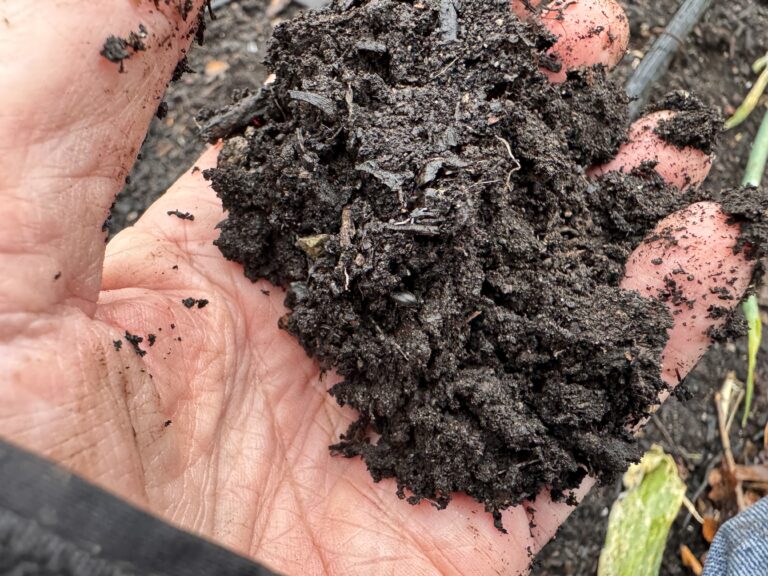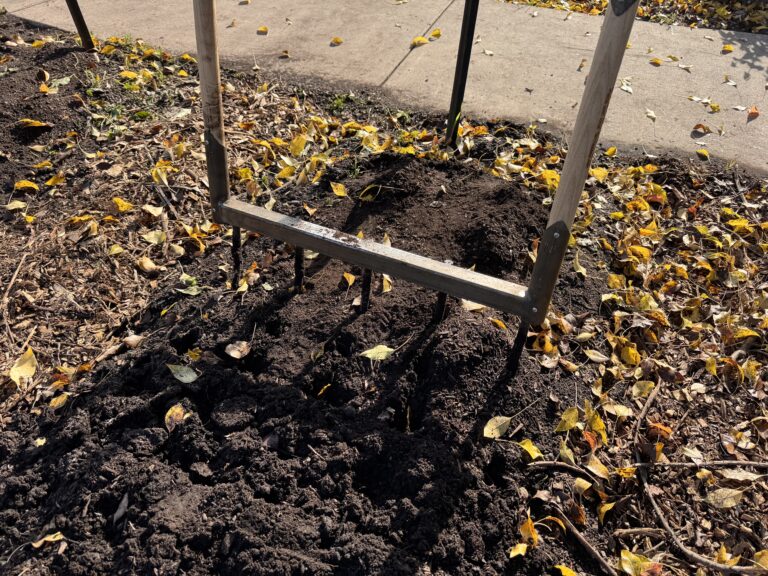From Residue to Humus: How Organic Matter Feeds the Soil
Every season in my garden, I’m reminded that the real work happens after harvest. When I leave stalks, roots, and cover crop residue behind, I’m not neglecting the beds—I’m feeding the soil and setting the stage for healthier crops ahead. Every harvest leaves something behind—stems, roots, fallen leaves, cover crop residue. To many gardeners, that…


